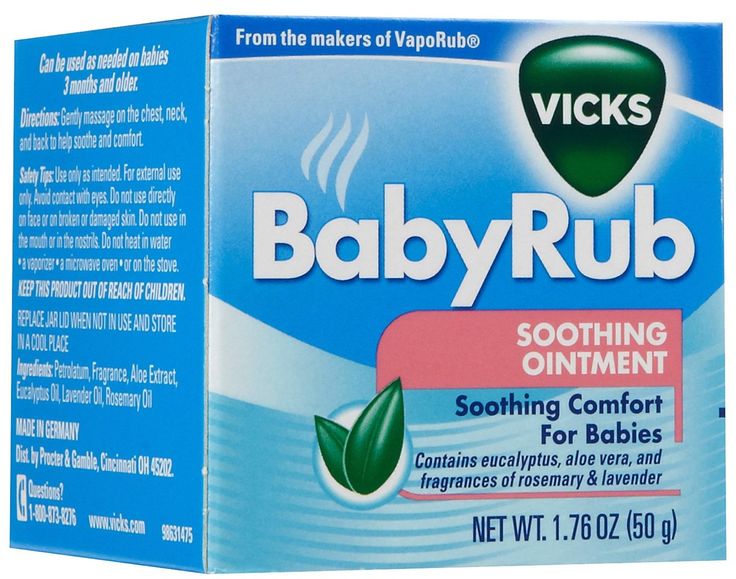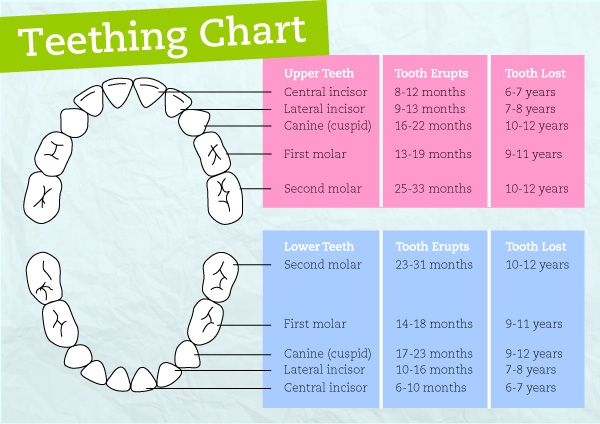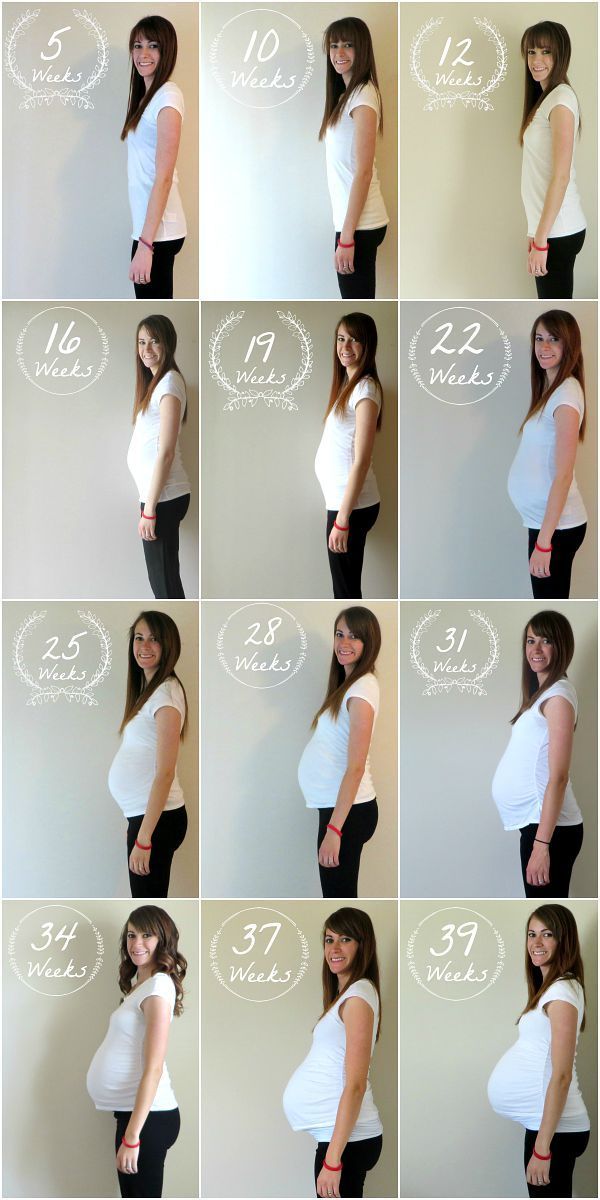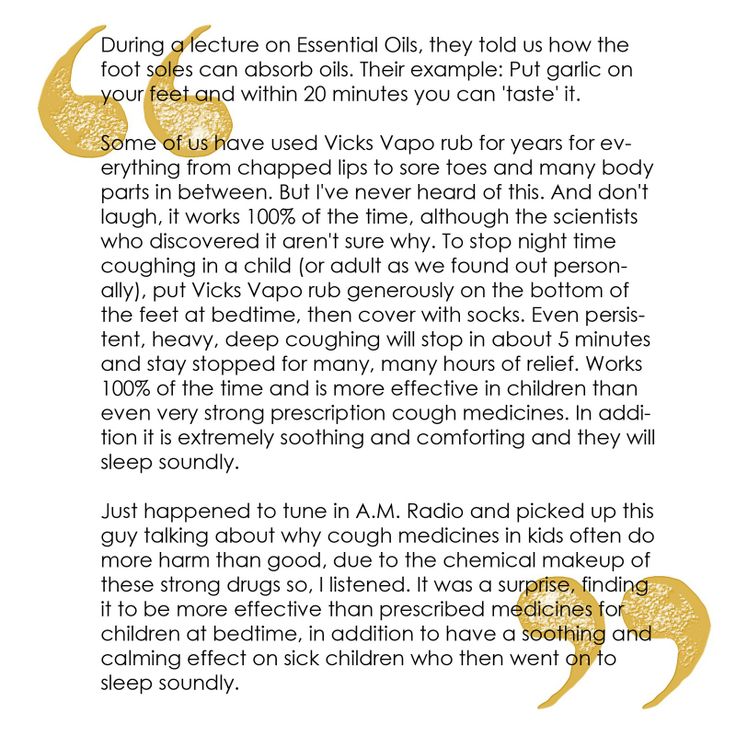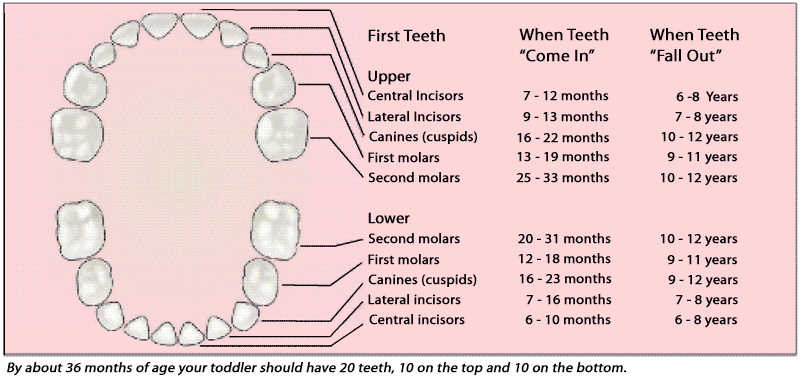Water safe for babies
When can babies drink water?
When can babies drink water? | Pregnancy Birth and Baby beginning of content3-minute read
Listen
If your baby is under 6 months old, they only need to drink breastmilk or infant formula. From 6 months of age, you can give your baby small amounts of water, if needed, in addition to their breastmilk or formula feeds.
Why is water not suitable for babies younger than 6 months?
Before 6 months, breastmilk or formula is both food and drink for your baby. It is all they need, even in hot weather. Giving your baby water may mean they drink less breastmilk or formula. This can put them at risk of not getting enough milk or formula to grow properly. Giving your baby a lot of water or excessively diluted formula over a short time can also make them very unwell.
When can I give water to my baby?
If your baby is around 6 months old, you can offer small amounts of cooled boiled tap water but you should not replace their breastmilk or formula feeds. Breastmilk or formula should still be their main drink up to 12 months of age.
After 12 months, their main drink should be water and cow's milk or breastmilk. You can offer water or milk in a cup. There's no need to boil tap water once your baby has reached 12 months.
If your baby has just started on solids, start with a few sips of water from a cup when they are eating. This is so they can learn about drinking from a cup and it can also help prevent constipation due to the increased bulk of their poo. The aim is to get them used to drinking from a cup as this will be their main way of drinking from 12 months on.
What about in hot weather?
In hot weather, it is important to offer more frequent breastfeeds or bottle-feeds if your baby is under 6 months. Do not offer water unless recommended by a doctor.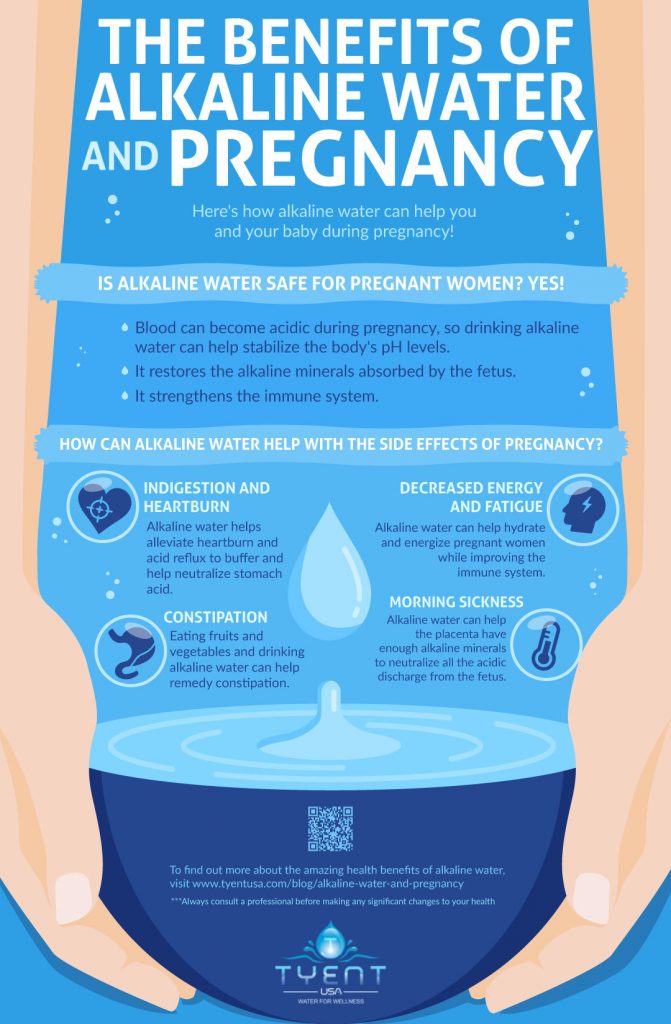
Your baby may want to drink more than usual but for shorter periods. If you breastfeed, you should also make sure you drink enough water.
To make breastfeeding more comfortable for you and your baby in hot weather:
- place a towel, sheet or pillowcase between yourself and your baby
- lie down to breastfeed to reduce skin contact
Your baby is properly hydrated (getting enough fluids) if they have 6 to 8 pale wet nappies over 24 hours.
What if my baby has a fever?
If your baby has a fever, is under 6 months and is breastfed, you may need to offer extra breastfeeds. If they are under 6 months and formula-fed, you can offer smaller amounts of formula more frequently. Do not offer water unless advised by a doctor.
If your baby is older than 6 months, continue to breastfeed or bottle feed. You can offer water in between feeds. The most important thing to check is whether your child is getting enough fluids.
Call Pregnancy, Birth and Baby on 1800 882 436 to speak to a maternal child health nurse for advice and support.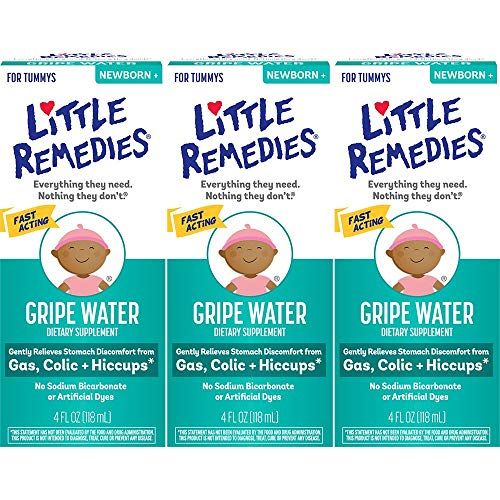
What about other drinks?
Fruit juice, soft drinks and cordial are not suitable for babies under 12 months old.
Caffeinated drinks such as tea, coffee and energy drinks — and, of course, alcohol — are not suitable for children of any age.
Sources:
Australian Breastfeeding Association (Keeping baby cool in the heat), National Health and Medical Research Council (Infant Feeding Guidelines), NSW Health (Babies and children in hot weather), Raising Children Network (Fever), Raising Children Network (Healthy drinks for kids and teenagers), Royal Children's Hospital (Guide to foods for baby’s first year), World Health Organization (Why can’t we give water to a breastfeeding baby before 6 months, even when it is hot?)Learn more here about the development and quality assurance of healthdirect content.
Last reviewed: July 2020
Back To Top
Related pages
- Healthy drinks for kids
- Feeding your baby with formula
- Breastfeeding your baby
- Balancing introducing solids with milk feeds
Need more information?
Disclaimer
Pregnancy, Birth and Baby is not responsible for the content and advertising on the external website you are now entering.
OKNeed further advice or guidance from our maternal child health nurses?
1800 882 436
Video call
- Contact us
- About us
- A-Z topics
- Symptom Checker
- Service Finder
- Linking to us
- Information partners
- Terms of use
- Privacy
Pregnancy, Birth and Baby is funded by the Australian Government and operated by Healthdirect Australia.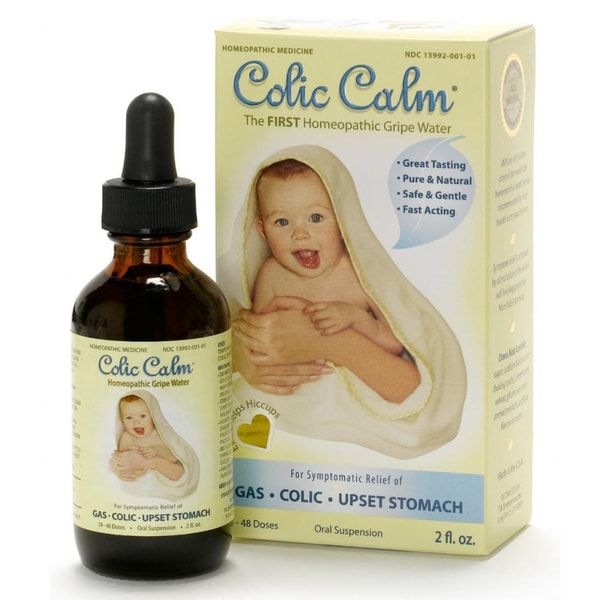
Pregnancy, Birth and Baby is provided on behalf of the Department of Health
Pregnancy, Birth and Baby’s information and advice are developed and managed within a rigorous clinical governance framework. This website is certified by the Health On The Net (HON) foundation, the standard for trustworthy health information.
This site is protected by reCAPTCHA and the Google Privacy Policy and Terms of Service apply.
This information is for your general information and use only and is not intended to be used as medical advice and should not be used to diagnose, treat, cure or prevent any medical condition, nor should it be used for therapeutic purposes.
The information is not a substitute for independent professional advice and should not be used as an alternative to professional health care. If you have a particular medical problem, please consult a healthcare professional.
Except as permitted under the Copyright Act 1968, this publication or any part of it may not be reproduced, altered, adapted, stored and/or distributed in any form or by any means without the prior written permission of Healthdirect Australia.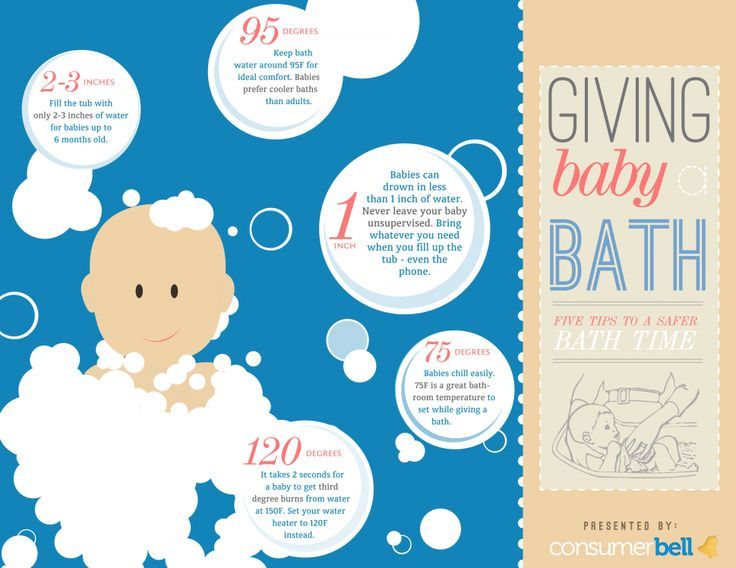
Support this browser is being discontinued for Pregnancy, Birth and Baby
Support for this browser is being discontinued for this site
- Internet Explorer 11 and lower
We currently support Microsoft Edge, Chrome, Firefox and Safari. For more information, please visit the links below:
- Chrome by Google
- Firefox by Mozilla
- Microsoft Edge
- Safari by Apple
You are welcome to continue browsing this site with this browser. Some features, tools or interaction may not work correctly.
When Is It Safe to Give Water to Infants?
Written by WebMD Editorial Contributors
In this Article
- How Infants Stay Hydrated
- When Babies Can Start Drinking Water
- Making Sure Water Is Baby-Safe
- Risks of Water for Infants
- Water as Your Baby Grows
If you have a baby, you’re probably concerned about making sure they have enough water and nutrients to stay healthy.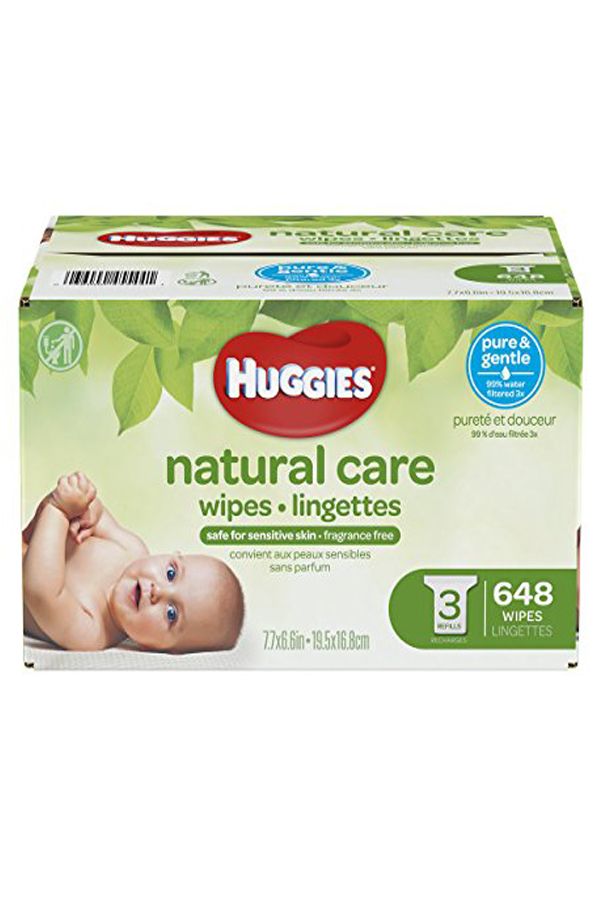 Even though your baby drinks breast milk or formula, is that enough to keep them hydrated? Yes. Here’s what you need to know.
Even though your baby drinks breast milk or formula, is that enough to keep them hydrated? Yes. Here’s what you need to know.
How Infants Stay Hydrated
As an adult, water is the most hydrating thing you can drink. It quenches your thirst and helps all of your systems stay balanced.
But children under a year old don’t need water like adults do. It can actually be dangerous for them. Babies get all their hydration from breast milk or formula.
When Babies Can Start Drinking Water
A baby should drink only breast milk or formula until they’re six months old. It has all the hydration and nutrition they need in the early months.
Even when you start giving them purees or table food at around 6 months of age, breast milk and formula are still more important than water. But you can begin to introduce it.
When babies are between 6 and 12 months of age, breast milk or formula continues to be a priority over water. But if you offer breast milk or formula first, you can then offer water, 2-3 ounces at a time.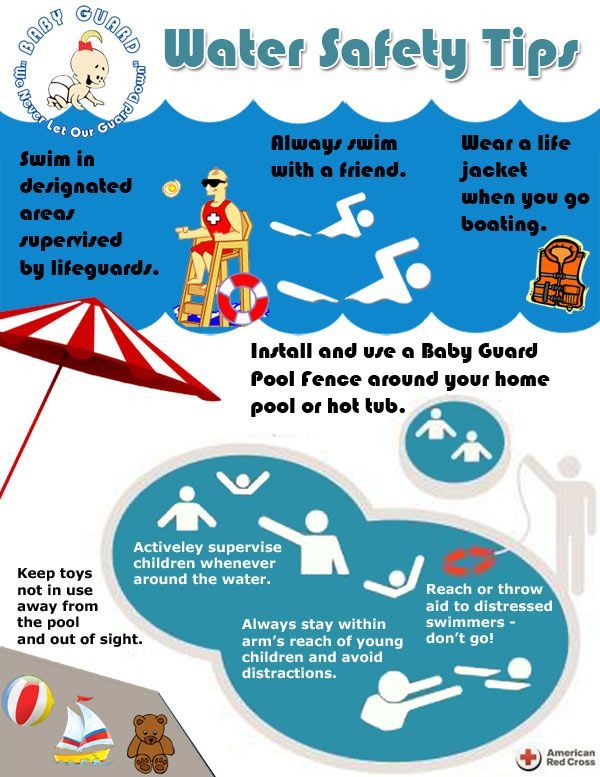 At this age, 4-8 ounces a day of water is enough. More than that may lead to water intoxication.
At this age, 4-8 ounces a day of water is enough. More than that may lead to water intoxication.
Making Sure Water Is Baby-Safe
Before using water to mix baby formula or offering a baby water for the first time, consider testing your tap water. While tap water may have fluoride that helps prevent tooth decay, it could also contain levels of lead that are unsafe for babies.
Most tap water in the U.S. is safe, with a few exceptions:
- If you have untested well water.
- If your water source has recently been contaminated.
- If your baby has low immunity.
If you’re worried about lead exposure and traces of chemicals in your water, install a filtration system or use distilled water instead which can be easily purchased.
Considerations for mixing formula with water. If you use tap water to mix formula, mix only one bottle at a time. Don’t use tap water to mix formula in bulk amounts.
A similar rule applies to water that you’ve boiled.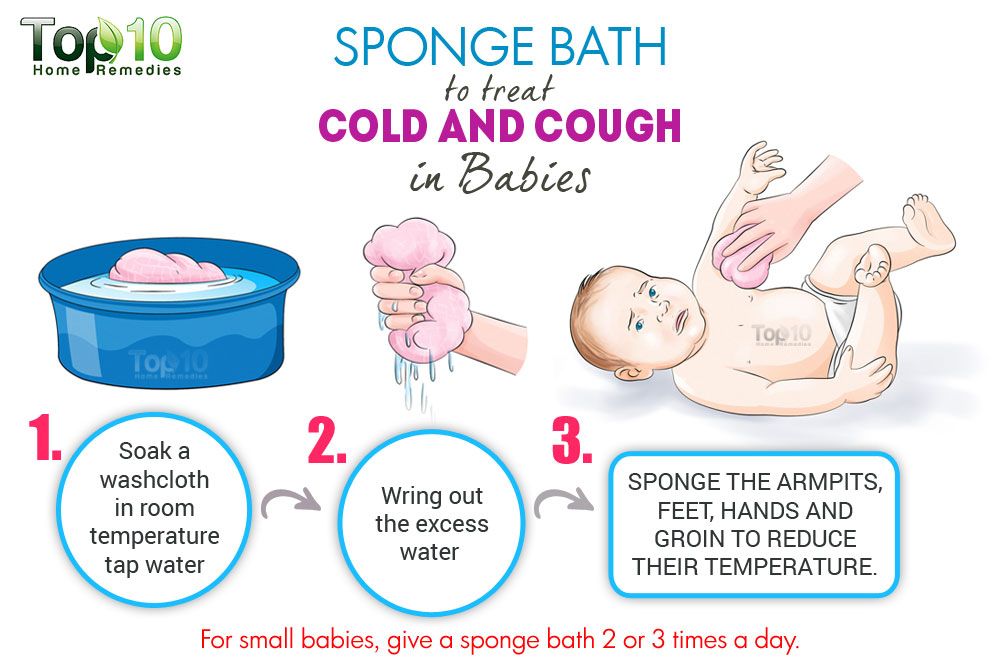 Refrigerate boiled water within an hour, and throw it away if you don’t use it within 24 hours. Always allow the water to cool completely before mixing the formula. Hot water can burn your baby.
Refrigerate boiled water within an hour, and throw it away if you don’t use it within 24 hours. Always allow the water to cool completely before mixing the formula. Hot water can burn your baby.
When you purchase formula, carefully follow the instructions on the container for mixing it with water. Instructions vary by brand. This will ensure your baby gets the right amount of nutrients and hydration.
Mixing in too much formula may lead to constipation or dehydration. Mixing in too little formula may lead to malnutrition or water intoxication.
Risks of Water for Infants
Drinking too much water at a young age is very dangerous. Water causes an imbalance in sodium levels that may lead to:
- Seizures
- Brain damage
- Coma
- Death
Water intoxication leads to changes in behavior such as:
- Confusion
- Drowsiness
- Muscle cramps and twitching
- Nausea and vomiting
- Difficulty breathing
- Weakness
Watch for signs of water intoxication and call your doctor immediately if you have any concerns.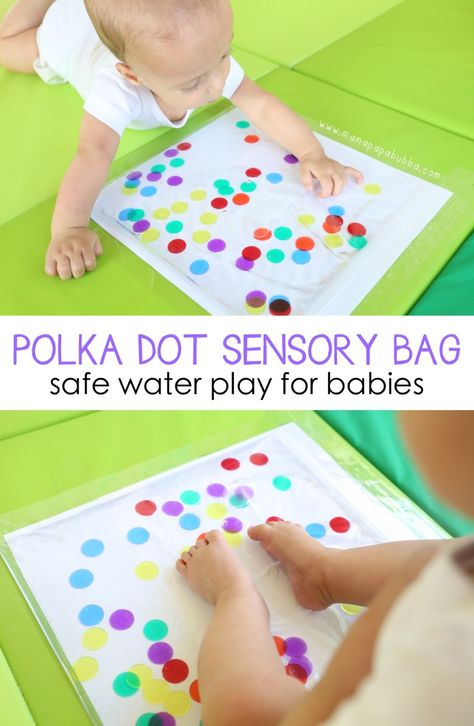
Water as Your Baby Grows
Between the ages of 1 and 3, your toddler needs 4 cups of liquid per day. This is a transitional period that should include both water and breastmilk or formula. The older your child gets, the more water they need. There are several ways you can encourage your older child to drink enough water.
Flavor water with fresh fruit. Water is healthier than juice since many children’s juices are full of sugar. If your child prefers the taste of juice, use fresh fruit to flavor their water. Lemon, berries, mint, and cucumber are great additions.
Offer more fruits and vegetables. Encourage your child to eat more fruits and vegetables with high water content. These help them stay hydrated without forcing them to drink more water than they want. Hydrating vegetables include cucumber, tomato, zucchini, celery, and iceberg lettuce. Hydrating fruits include strawberries, watermelon, blueberries, cantaloupe, and grapefruit.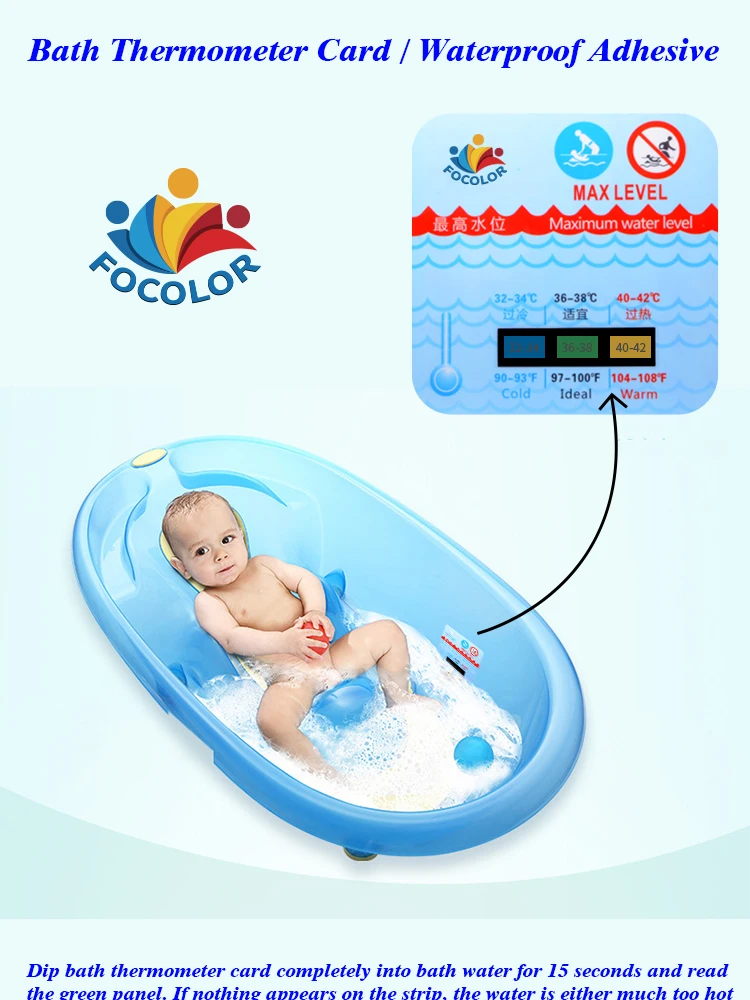
Make creative ice cubes and popsicles. Puree your fruit of choice with water and freeze it into ice cubes or popsicle molds.
Provide special drinkware. Use a fancy cup with favorite colors or characters. When you find ways to make water fun, your child is more likely to enjoy drinking it.
Children's water - keep away from children!
/ All materials
As part of the quality control program, specialists of the Union of Consumers Roskontrol conduct regular monitoring of goods, including those that have already taken part in the examination. In August 2016, 5 samples of well-known brands of baby water were sent to the laboratory: FrutoNyanya, Agusha, Fairy Forest, Winnie and Nutrilak aqua. The first four were participants of the previous examination, and the last product was added at the numerous requests of the portal readers. nine0003
Test results
Who lives in the Fairy Forest?
Andrey Mosov, head of the Roskontrol expert department, doctor:
“When determining the total microbial number, water samples are cultured in parallel at two temperatures: 22°C and 37°C.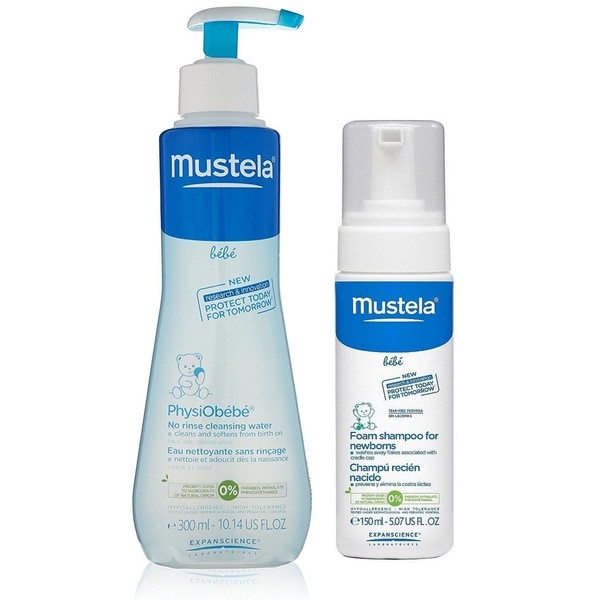 The TMC index at 37°C is especially important, since at this temperature (close to body temperature) microbes grow, which can be dangerous for a person, especially a small child. The intestines of a newborn are practically sterile, immunity has not yet been formed, so microbes from contaminated water can cause digestive disorders in the baby. TMP at 22°C shows the content of less dangerous, but also signaling water pollution, saprophytic microorganisms. nine0023
The TMC index at 37°C is especially important, since at this temperature (close to body temperature) microbes grow, which can be dangerous for a person, especially a small child. The intestines of a newborn are practically sterile, immunity has not yet been formed, so microbes from contaminated water can cause digestive disorders in the baby. TMP at 22°C shows the content of less dangerous, but also signaling water pollution, saprophytic microorganisms. nine0023
Mercury is not a toy for a child
Exceeding the norms of mercury content for water of the highest category was found in Vinnie, FrutoNyanya and Nutrilak aqua
Two steam boots
It is worth noting that samples "Winnie" and Nutrilak aqua are bottled at the same plant and have mostly similar violations. So, the content of chloroform, which has both toxicity and probable carcinogenic activity, is 2 times higher than the permissible one. Experts believe that the bottled water is probably not from natural underground sources, but tap water that has been treated with chlorine. nine0003
nine0003
Benefits of the body
Larionov Boris Vasilyevich, expert in dietetics and prevention of non-communicable diseases: “Regular intake of water with a small amount of fluorine can cause the appearance of initial dental caries - carious spots already after 1-3 weeks, depending on whether the child cleans teeth with fluoride toothpastes, and eating fluoride-rich marine fish and seafood.”
Smelly water
Maxim Rudakov, Director of the Expert Department, Roskontrol: “As part of the implementation of the Quality Control program, Roskontrol has been carrying out examinations of goods for several years now. The results of the work indicate the instability of the level of safety and quality of products sold on the market. And this is once again confirmed by the results of the examination of children's water, in which the participants, who had proven themselves two years ago, were blacklisted during the next check.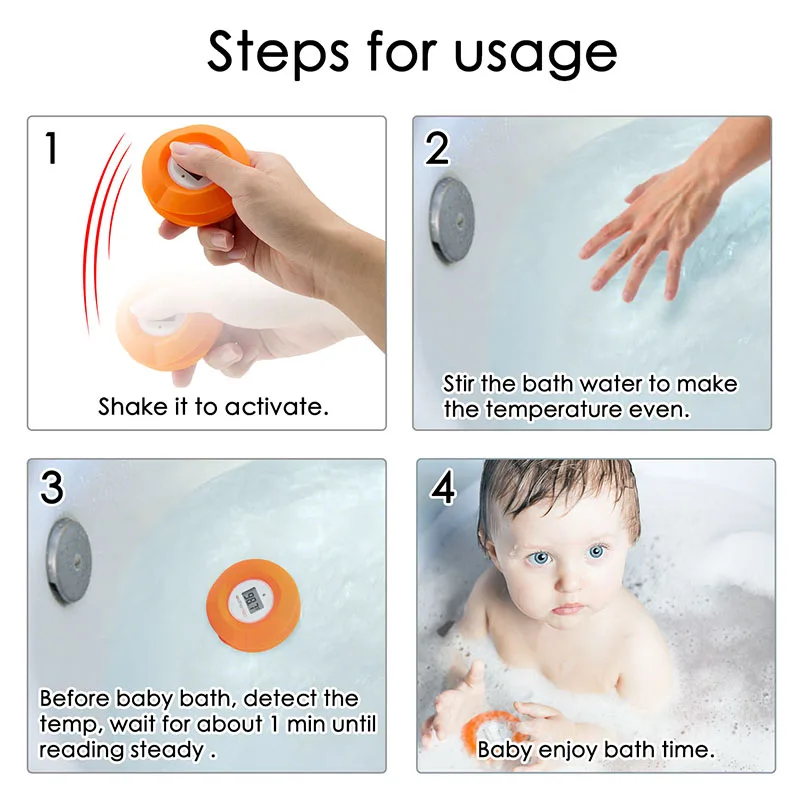 An effective solution, in our opinion, would be the introduction into practice of an independent quality control system in the form of regular checks of product samples taken from store shelves. Knowing that the goods can be and will be checked at any time, manufacturers will have to take quality and safety more responsibly. Such a mechanism will protect the consumer and support honest business.” nine0023
An effective solution, in our opinion, would be the introduction into practice of an independent quality control system in the form of regular checks of product samples taken from store shelves. Knowing that the goods can be and will be checked at any time, manufacturers will have to take quality and safety more responsibly. Such a mechanism will protect the consumer and support honest business.” nine0023
In the near future we will continue monitoring children's water to find the answer to the question: what kind of water can be given to children!
August 29, 2016
Advertising
Advertising
The name of the Lover Organization
Contact name
Position
Phone
E-mail
Name of the declared products (goods)
I I have read and accept the Rules for the Functioning of the Independent Quality Control System "Roskontrol". nine0003
Name of goods
Category of goods
Brand
barcode
Information on production
Main characteristics
Photos of the goods
×
Tariff
You have selected subscription level Free .
The subscription price is now 0.00₽ .
Subscriber Registration Already have an account? Sign in here
Username
Password
Name
Surname
Full Name LEAVE IT BLANK
Processing...
Children's drinking water - composition, requirements, norms
Many parents are not very demanding about the water they give to children. However, it is not worth giving ordinary tap water - it may not be safe, it may contain toxic impurities; in addition, there is a high risk of infection. Only water for baby food is suitable for children, which is of good quality and safety. nine0003
This water is obtained from protected water sources, after which it undergoes a thorough additional treatment. This treatment may include various purification methods (both selective and non-selective), as well as, if necessary, water fluoridation, enrichment with useful minerals and trace elements - calcium, magnesium, potassium, iodine.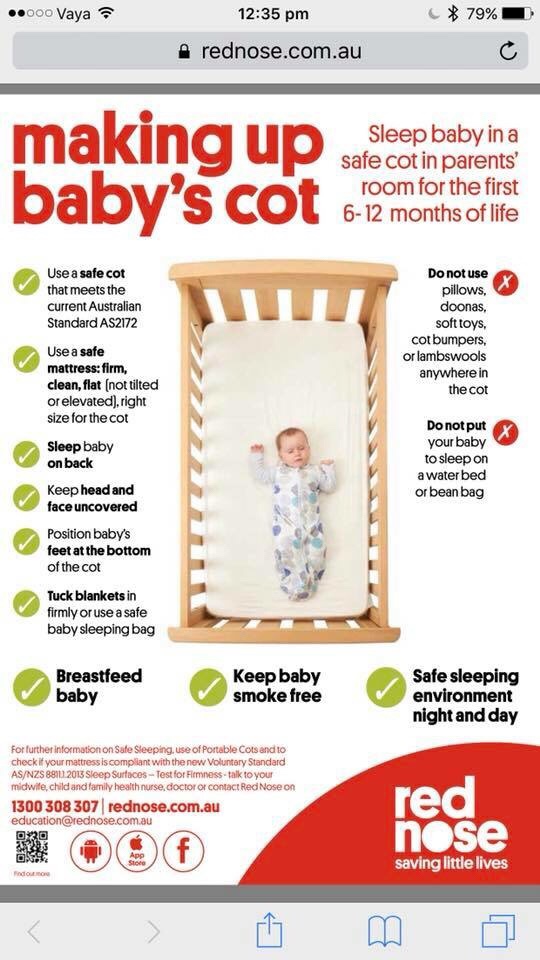
Do not use for feeding children:
- Water from open (surface) sources. Even if it is a stream in the thick of the forest. The spring may contain toxins and other uncontrolled pollution that will adversely affect the child's body. nine0146
- Boiled water. Tap water can be disinfected with chlorine, which is extremely hazardous to health. In addition, chlorine actively interacts with organic compounds that may be contained in tap water.
Bottled baby water is the safest solution as it comes from protected underground sources and is mineral balanced. It contains the optimal amount of minerals and trace elements that will benefit the child's body. In addition, special baby water is sterilized, which guarantees its safety. Due to the low sodium content in such water, there will be no burden on the kidneys of children. nine0003
Balanced children's drinking water is not only impeccably clean, but also saturated with a complete set of micro and macro elements, primarily fluorine, iodine, calcium and magnesium.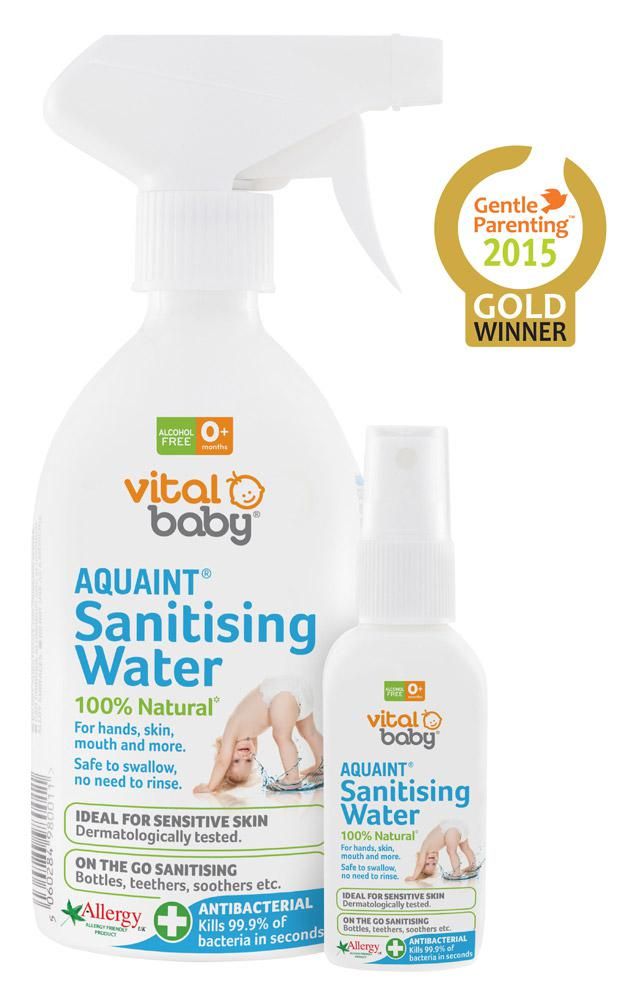 If the natural features of the water from the well or the methods of its purification do not provide a balanced composition, drinking water is conditioned, i.e. enriched with the missing macro- and microelements. High-quality children's drinking water has positive properties for the health of the child:
If the natural features of the water from the well or the methods of its purification do not provide a balanced composition, drinking water is conditioned, i.e. enriched with the missing macro- and microelements. High-quality children's drinking water has positive properties for the health of the child:
- strengthening of immunity; nine0146
- correct formation of the skeletal system;
- prevention of diseases of the thyroid gland and the cardiovascular system.
This water can be given to children from the first year of life.
Children's drinking water must meet a number of requirements:
- The requirements for children's water are similar to those for water of the highest category (with some additions).
- Water for the preparation of baby food should have a total mineral content in the range of 200-500 mg/l. An important role is played by the quantitative content of minerals: potassium - from 2 to 20 mg / l, calcium - 25-80 mg / l, iodide ion - 40-60 μg / l, fluoride ion - 0.


